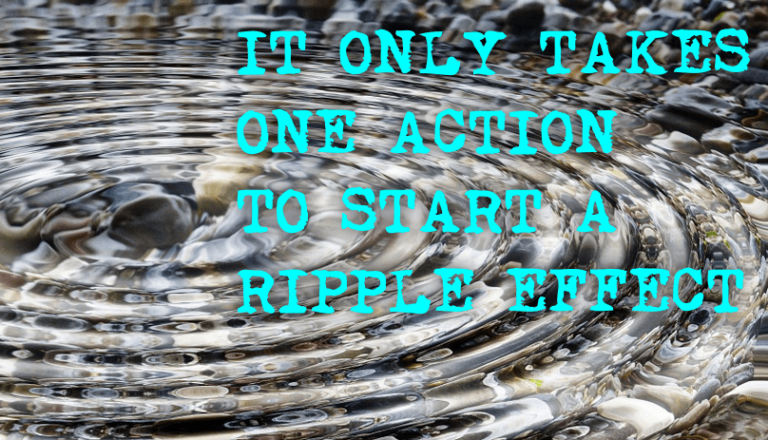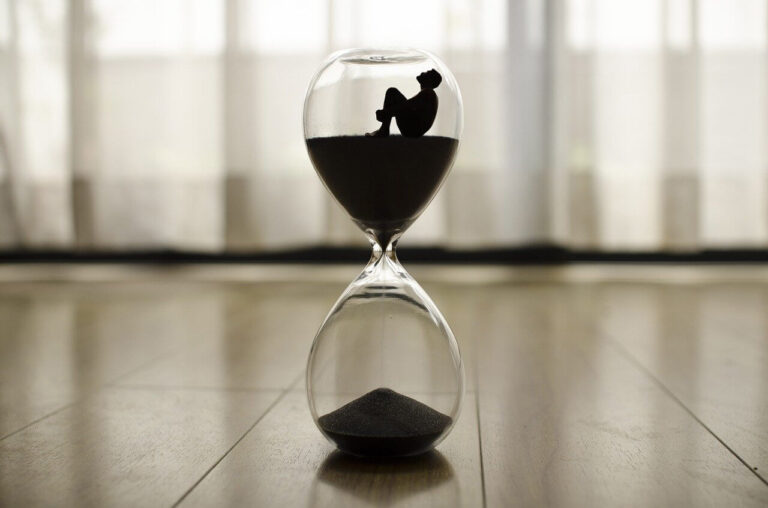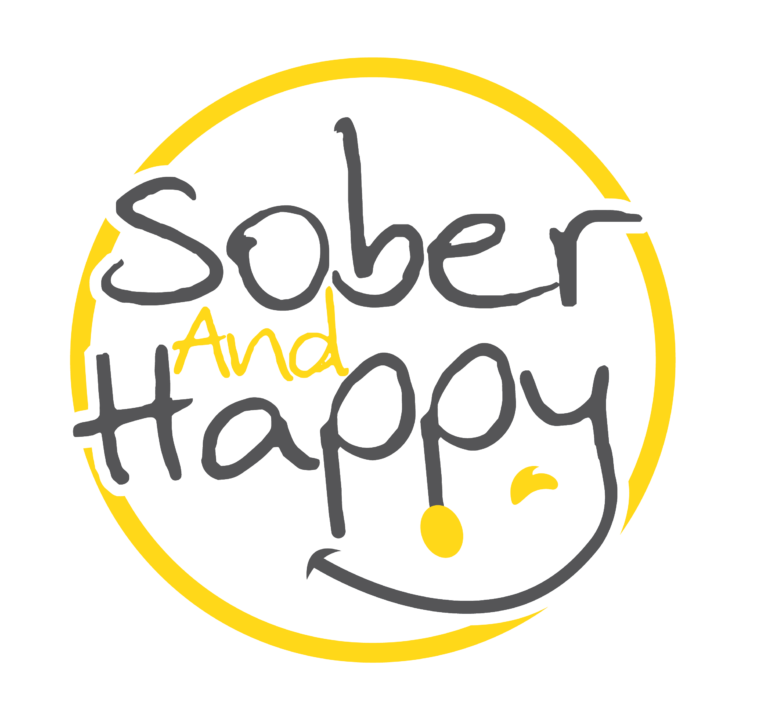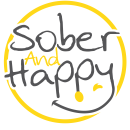

Tim Phillips
I love sharing my journey from being hopeless, to getting sober, to learning how to eventually be both sober and happy. to learning how to eventually be both sober and happy.

Imagine someone handing you a seed and saying, “This is all you’ll ever grow.” You plant, water, and watch as it grows into something small and stunted because you believed their words. Now, imagine another person handing you a seed and saying, “This has the potential to grow into something extraordinary if you nurture it.” You pour love and attention into it, and it flourishes into something magnificent.
This is how our beliefs work. They’re the seeds we plant in our minds, and they dictate how we grow. For those of us in recovery, these seeds often come with a narrative that we’re not enough, can’t change, or our past defines us. But what if we could rewrite that narrative?
Limiting self-beliefs are the invisible chains that keep us stuck in the past, especially in recovery. These beliefs, often planted by others or by our own past mistakes, can hold us back from living the fulfilling life we deserve.
In this article, we’ll explore how these beliefs take root, how they shape our actions, and, most importantly, how to replace them with empowering beliefs that support sobriety and happiness.
Limiting self-beliefs are the internal stories we tell ourselves about who we are and our capabilities. In recovery, these often sound like:
These beliefs don’t form in a vacuum. They’re often planted by external voices—teachers, parents, peers—or our experiences. For example, struggling with math as a child and hearing a teacher say, “Not everyone is good at math,” can create a belief that you’re inherently bad at math, even if evidence later proves otherwise.
The same principle applies to recovery. If we’ve relapsed before, it’s easy to believe we’ll fail again. This belief then influences our actions, creating a cycle of self-fulfilling prophecy.
Once a belief is planted, confirmation bias kicks in. This psychological phenomenon causes us to seek evidence that supports our beliefs, even if those beliefs are negative.
For instance, if you believe you’re unworthy of love, you’ll focus on every rejection or mistake that seems to validate that belief while ignoring evidence to the contrary.
In my own journey, I carried the belief that I wasn’t smart enough to succeed academically. Even though I passed challenging exams and earned a degree, I discounted those achievements because they didn’t align with my beliefs. It wasn’t until someone I respected planted a positive seed—telling me I had untapped potential—that my mindset began to shift.
Action Step: Identify one negative belief you hold about yourself. Write down three pieces of evidence that contradict it.
Shifting limiting beliefs starts with planting new, empowering ones. This doesn’t happen overnight, but every small victory can water the new seeds.
When I struggled with self-worth in recovery, a mentor’s words helped me reframe my narrative: “Your past does not define you. You’re defined by what you choose to do today.”
To change your beliefs, surround yourself with people who uplift and support you. As Jim Rohn famously said, “You are the average of the five people you spend the most time with.” If your current environment reinforces limiting beliefs, it’s time to find a new tribe—people who see your potential and cheer you on.
Action Step: Reflect on the five people you spend the most time with. Are they watering your growth or reinforcing your limitations?
The words we use shape our reality. Saying “I’ll never be good enough” cements that belief, while saying “I’m learning and growing every day” opens the door to change.
By reframing how we talk about ourselves and our choices, we can create a narrative of empowerment rather than apology.
Action Step: Replace one negative self-statement with a positive affirmation this week.
Changing our internal narrative doesn’t just affect us—it impacts those around us. We inspire others to do the same as we grow more confident and capable.
One of the most rewarding moments in my recovery journey was when someone told me, “Seeing you change made me believe I could change too.” By breaking free from my own limiting beliefs, I unknowingly planted seeds of hope in someone else.
Action Step: Share a positive belief or encouragement with someone in your life who might need it.
Your beliefs shape your reality, but they’re not set in stone. You can rewrite your story by recognizing and challenging limiting self-beliefs, planting new seeds of empowerment, and surrounding yourself with supportive people.
Remember, you are not your past. You are not your mistakes. You are capable, worthy, and deserving of a life filled with joy, love, and fulfillment.
If you found this article helpful, I encourage you to listen to the full episode of The Sober and Happy Podcast. In this episode, we dive deeper into the power of beliefs, how to identify limiting ones, and actionable steps to create a more empowering narrative.

I love sharing my journey from being hopeless, to getting sober, to learning how to eventually be both sober and happy. to learning how to eventually be both sober and happy.




Join our mailing list to receive the latest news and updates from our team.






Copyright © 2023 by Sober and Happy. All rights reserved.

Join our mailing list to receive the latest news and updates from our team.